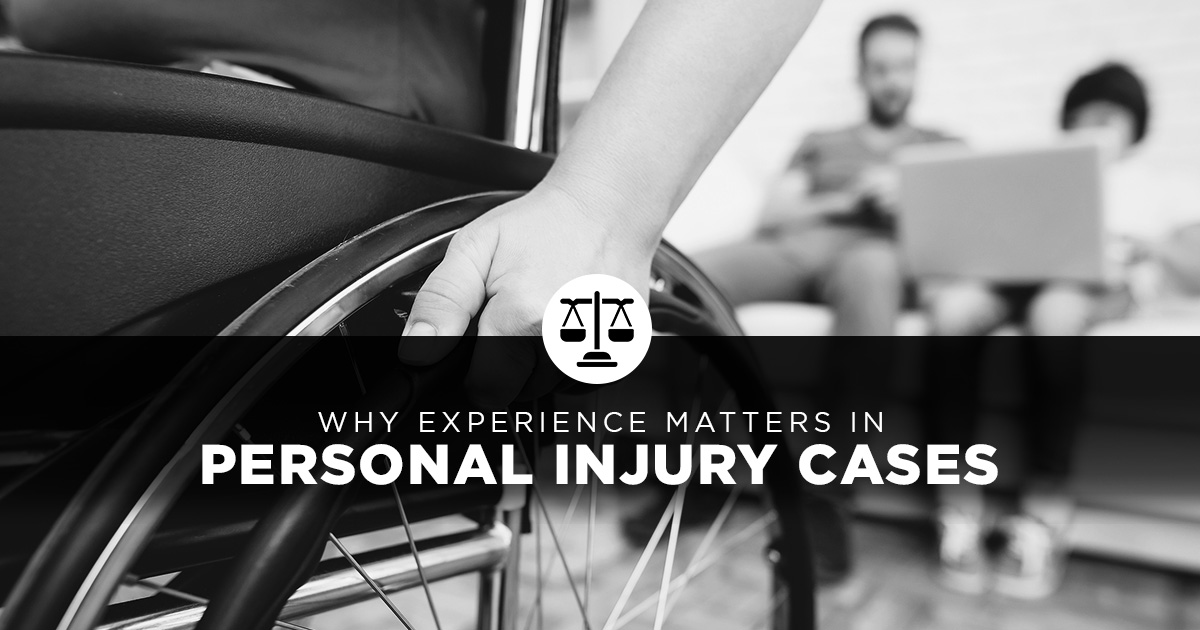
Why Experience Matters in Personal Injury Cases Bowser Law
Protect your Armed Forces Compensation Scheme payments with a personal injury trust. Compensation received under the Armed Forces Compensation Scheme can reduce or stop entitlement to means-tested benefits. many claiming under the Scheme are on benefits while they wait. The answer is to set up a trust for what is personal injury compensation.
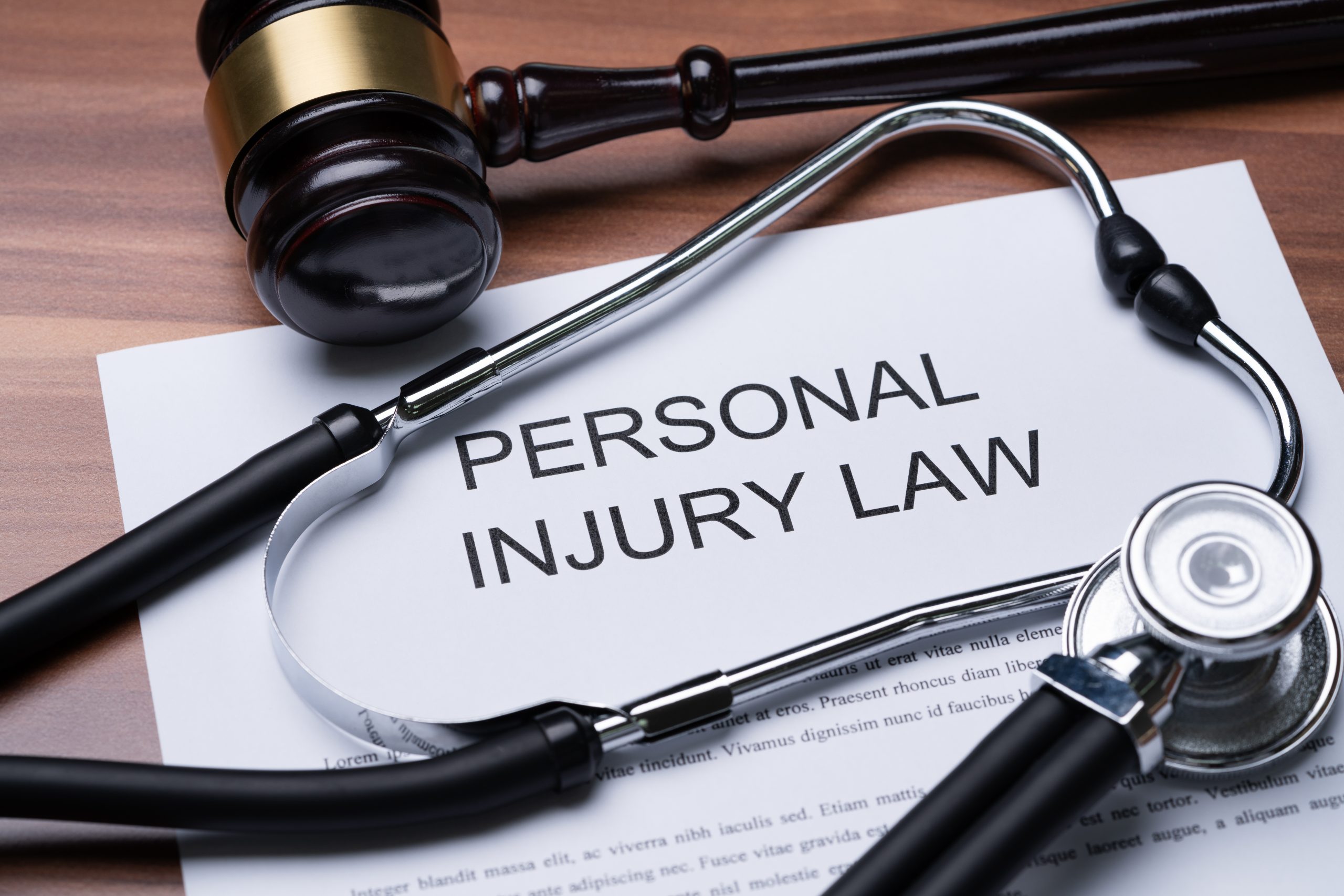
Qualities Of A Personal Injury Lawyer You Should Always Remember The Student Lawyer
Please note that estate planning is crucial in the settlement of a personal injury case, particularly where federal and state estate and inheritance taxes are involved. ♦ Revocable/Irrevocable. The trust can be revocable by the injured party, if the party has capacity, or it can be irrevocable.

answer personal injury Doc Template pdfFiller
A personal injury trust is a legal arrangement to enable a minimum of 2 persons (called 'trustees') to hold and manage a personal injury award for the person receiving it (called a 'settlor') to ensure the settlor: retains their entitlement to means-tested benefits, and/or. minimises their contribution towards the costs of 'community.

How Do I Select the Best Personal Injury Lawyer? Law and Technology
A personal injury trust is the only legitimate way to hold and use compensation and still receive means tested benefits. Such a trust is an opportunity to keep and use your compensation and receive means tested benefits. The personal injury trust means your compensation will be ignored if you or others in your close family either claim, or need.
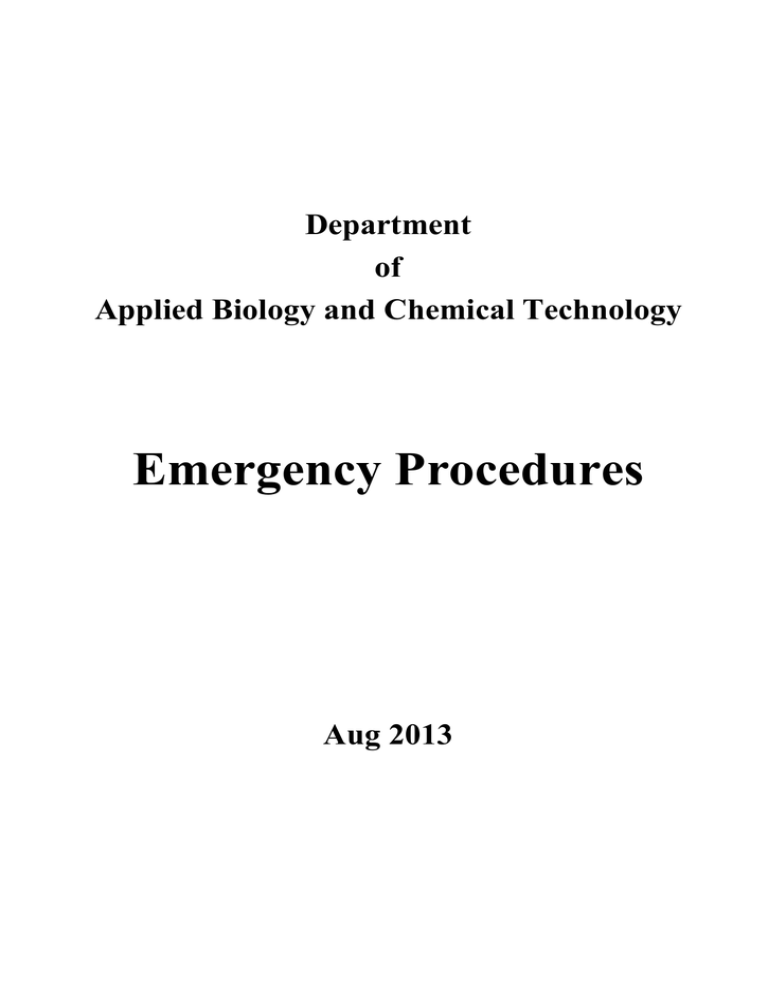
PERSONAL INJURY
Personal injury trust funds are also a useful tool for managing your finances or protecting your money, including from other people. As each trustee must authorise every transaction, personal injury trusts can also help protect the most vulnerable, including young children, the elderly and people with disabilities, from any attempt to abuse or.

Personal Injury Legal image
A list of everything I will need to prepare a trust for your compensation is set out below: The date of your accident, or a description of your injury and the period if it occurred over time. Your full name, address, telephone number and email address. Your national insurance number. Your date of birth.

PPT Personal injury trusts PowerPoint Presentation, free download ID7285791
At it's most straightforward, a Personal Injury Trust takes the form of a separate bank account. The account should be in the name of your Trust, for example "The Joe Bloggs Personal Injury Trust 2021" so that it is clear any money held in that account belongs to your trust and not you directly. This ensures any money held in the trust.
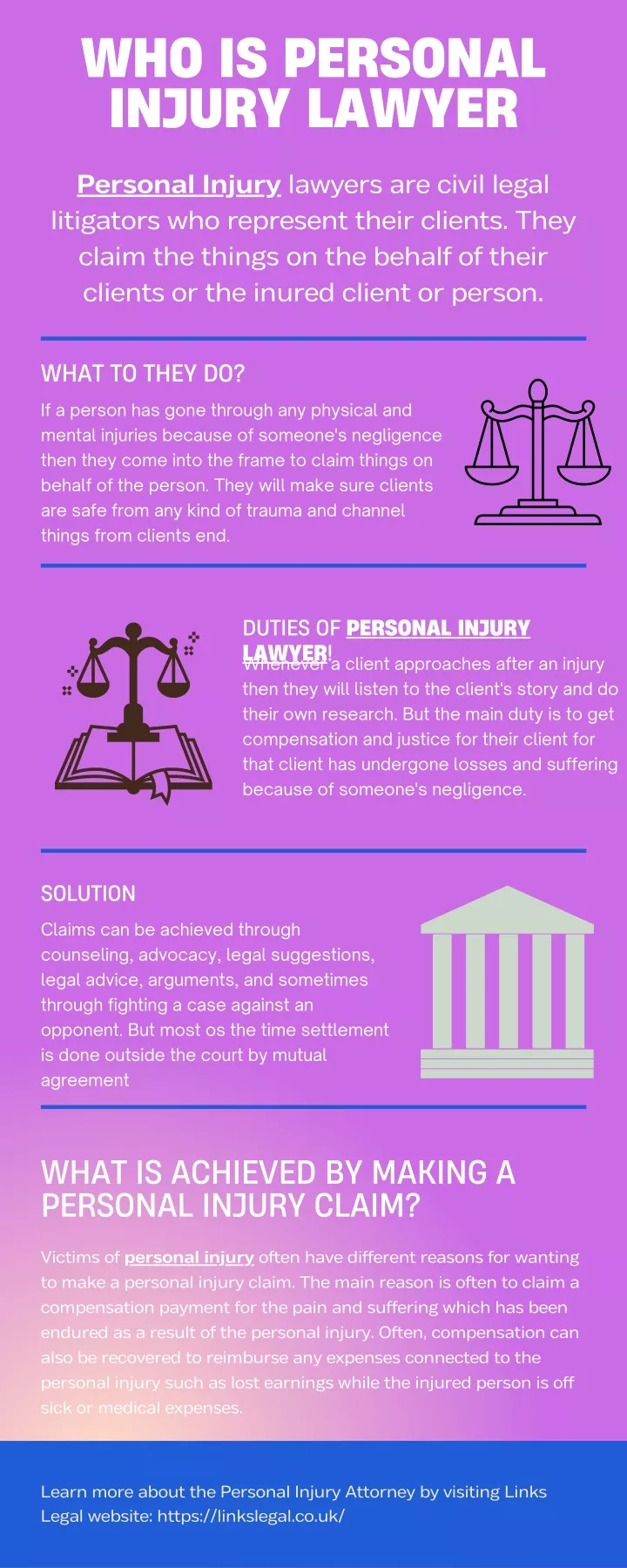
PPT personal injury lawyer PowerPoint Presentation, free download ID11290284
A personal injury trust allows you to protect your compensation whilst retaining an entitlement to claim available benefits and the support that you need now or may need in the future. As well as benefits considerations, there are equally important tax and financial management issues to consider. These can engage complicated areas of tax.
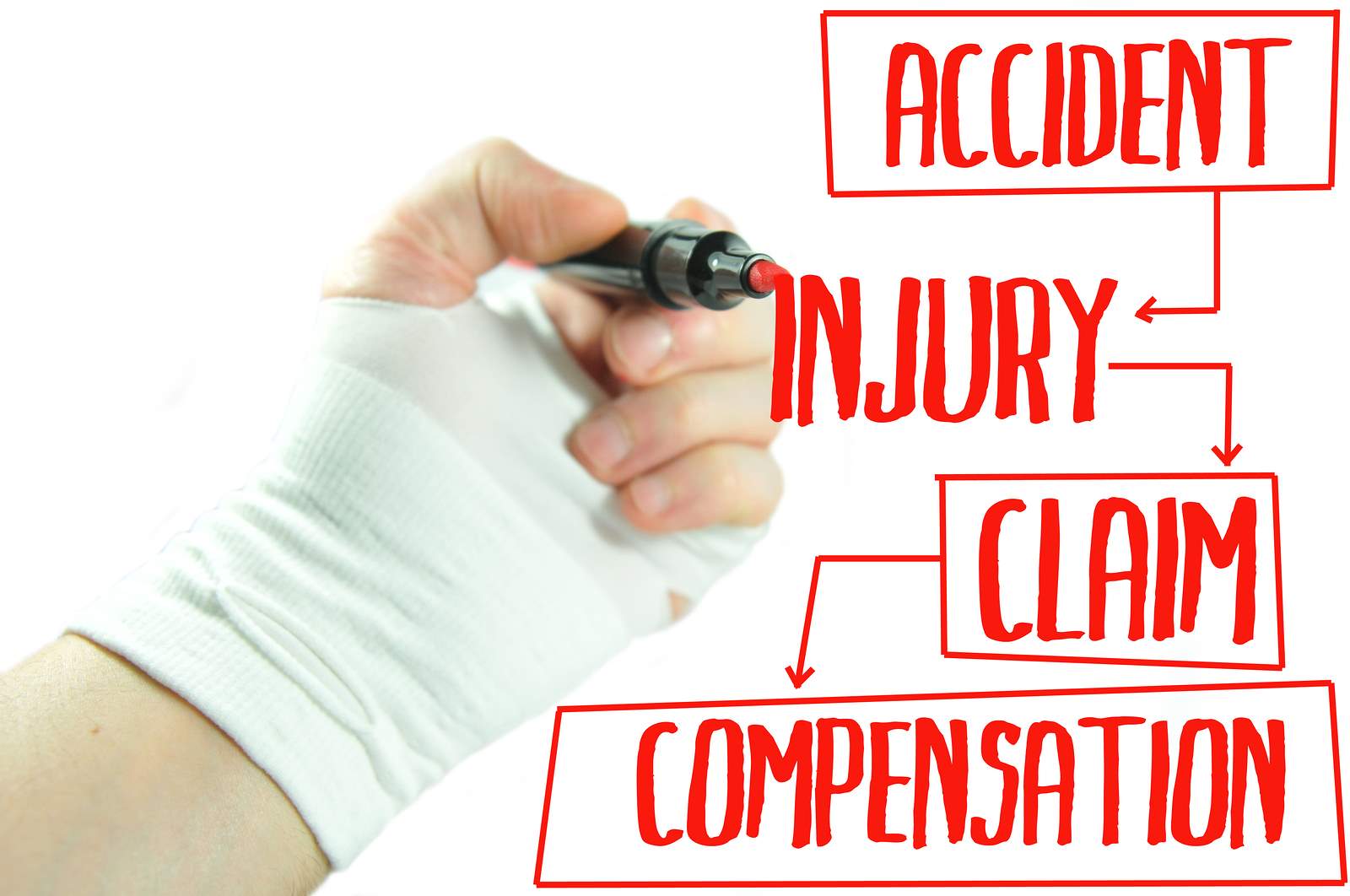
Personal Injury Claim Injury Claims in Florida Personal Injury Claim Examples
Personal Injury Trusts can have other benefits as well. They can: Restrict access to the compensation you have received, such as from friends, relations, or yourself. Protect the trust assets from any future divorce or bankruptcy proceedings. Protect the trust assets in relation to other means-tests, such as tests for care home fees.
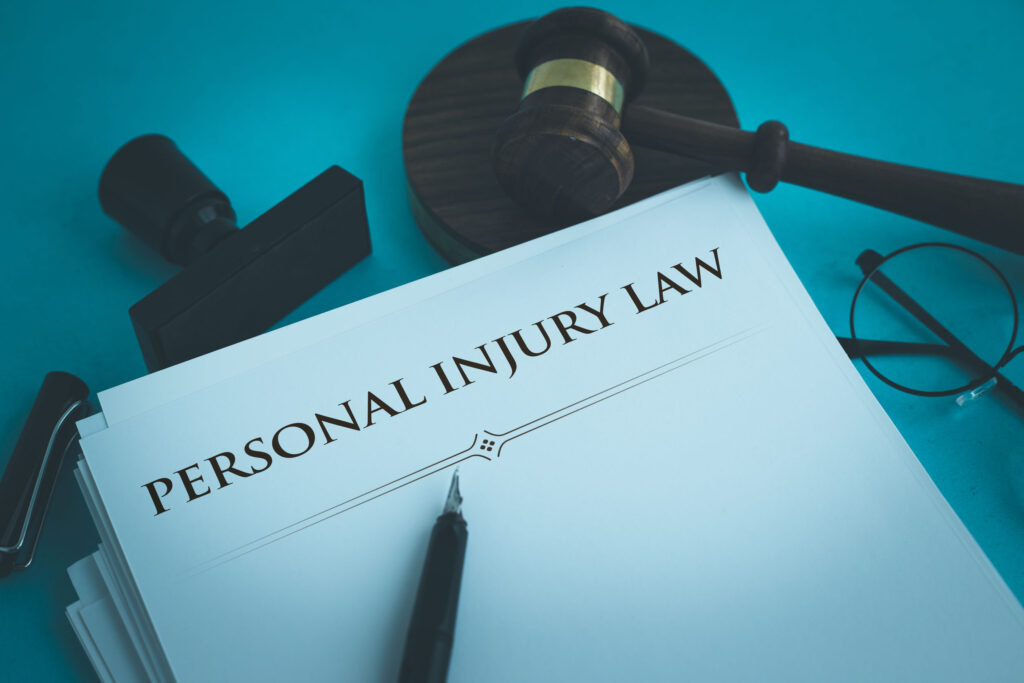
What Is a Personal Injury Lawsuit? • Lerner & Rowe Injury Attorneys
This is one of the drawbacks of a personal injury trust, the cost of setting it up. It will depend upon the complexity of the situation but you are looking at upwards of £500 in setup fees. Many people believe the cost of setting up a personal injury trust is minimal, compared to the long-term benefits of access to means-tested benefits /long.

Top 10 Questions to Ask Before Hiring a Personal Injury Lawyer 2023 Guide
A special needs trust allows you to keep these benefits, and use your personal injury compensation to meet other needs. A trust is a financial arrangement where one person or entity holds and manages property for another person. A special needs trust is a particular kind of fund that is exempt from certain government considerations.
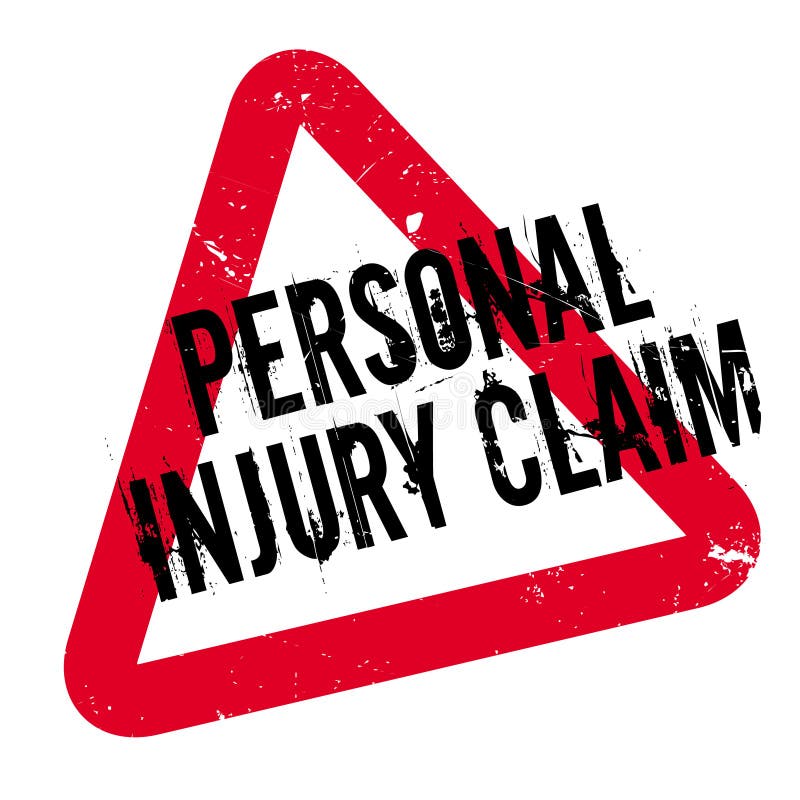
Personal Injury Claims stock vector. Illustration of fever 25384139
A Personal Injury (PI) Trust is a legal arrangement for holding and managing a compensation award as a result of an injury. This could be following a road traffic accident, an accident at work or a clinical negligence event. A PI Trust can also be known as a compensation protection trust or special needs trust.
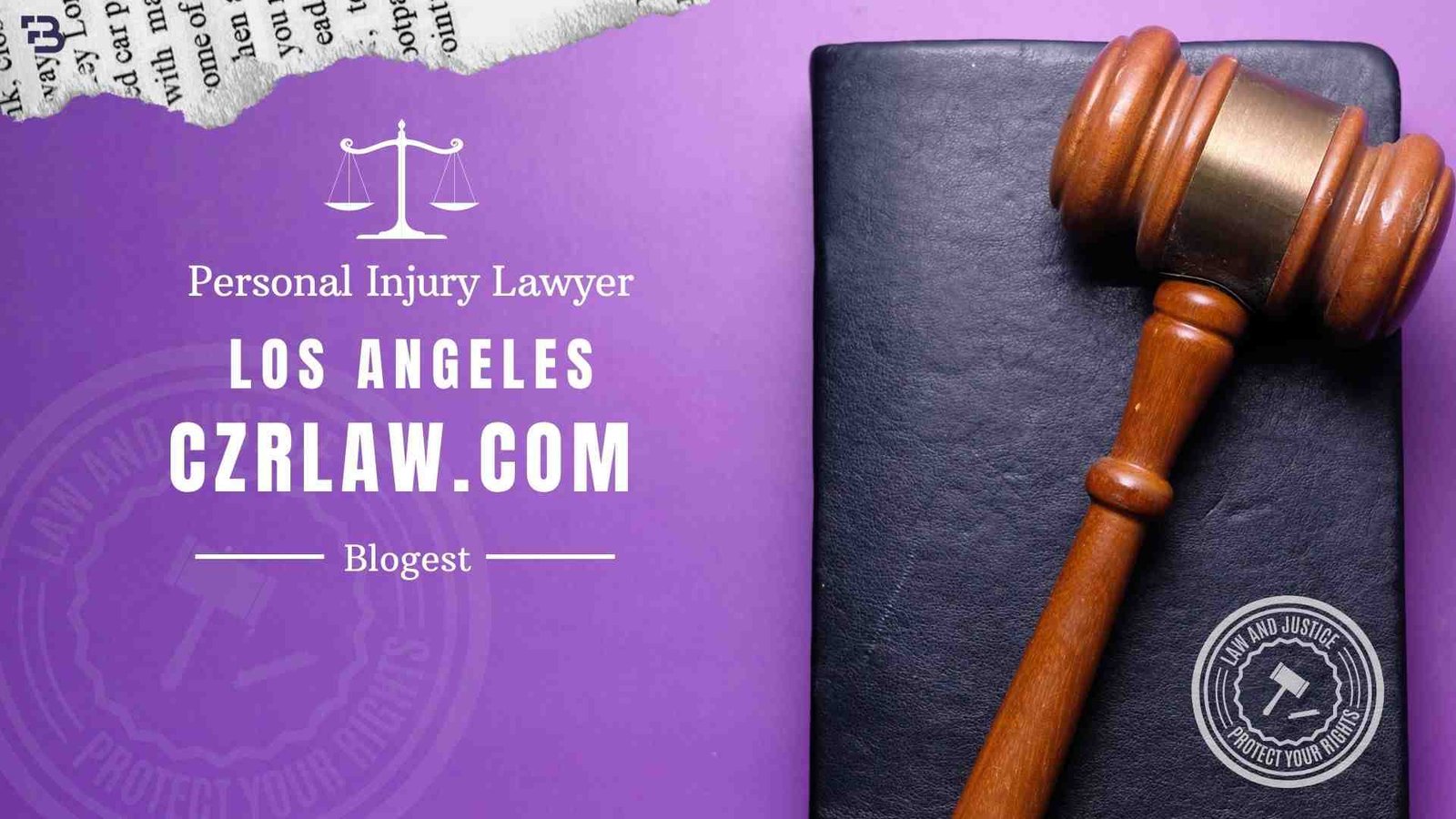
Personal Injury Lawyer Los Angeles A Review
For an initial discussion about Personal Injury Trusts, without obligation, contact our expert team on 0370 1500 100 or contact us online and we will get back to you. 0370 1500 100. Or we can call you back at a time of your choice. Request a call back. Phone lines are open 24/7, 365 days a year.

What is Personal Injury Trust? YouTube
The point of a Personal Injury Trust is to pay for the care required to give the injured person a better quality of life, or to pay for ongoing treatment, special adaptations in the home or pay for a carer. Means-tested benefits. One of the most important factors to consider when setting up a Personal Injury Trust is to ensure that the claimant.

The Benefits of Setting Up a Personal Injury Settlement Trust Incredible Magazines
A PI trust can be used for your personal injury payments following an accident, but it is not limited to court awarded damages and negotiated settlement sums, it might also include insurance payments, other forms of compensation and even charitable donations. It's essential that only funds received for the injury make up the trust funds as.

Personal Injury Trusts First4Lawyers
A personal injury trust is a type of trust reserved for individuals who receive compensation for personal injury. Like any trust, it's a way of protecting and managing assets—in this case, cash—without outright cutting the individual off from it. Usually, a trust is an ideal option for people who are underage or have a condition that.
- Bow In The Back Dress
- The Measure Of The Man Poem
- Oaks Liberty Towers Glenelg Sa
- Land Rover Discovery Seat Covers
- Matching Pajamas Mother And Daughter
- Samsung S20 Fe Battery Replacement
- Holy Family Church Live Stream
- Miracle No Dey Tire Jesus Mp3 Download
- Harry Potter Invisibility Cloak App
- Winmau Blade 6 Dual Core